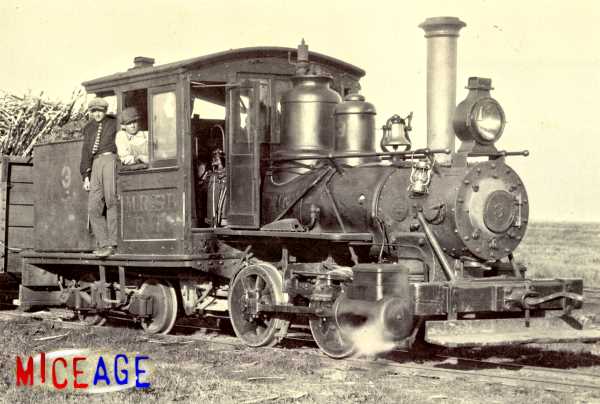I hadn't thought about the use of a ring to stabilize a thin, sheet-metal stack, but that could be a reason, along with the drip edge.
The taper of shotguns (and of the short stubby stack, which is really much longer, you just don't see all of it) is to allow for the steam to expand as it rises up the stack, improving the draft.
Modern caps, as on the T&P example mentioned, were truly an ornamental touch, and were not part of the stack itself, as noted in this photo of T&P 2-10-4 666:
http://www.shorpy.com/node/4501?size=_originalhttp://www.shorpy.com/node/4501By the way, while some would call this locomotive "the devil engine" with that number combination, she was also more widely known as "Old Chill Tonic," a reference to a cold remedy sold back then:
http://www.shorpy.com/node/5558http://www.shorpy.com/node/5558?size=_originalAach, it's still around!
http://www.monticellodrug.com/products/ ... -prep.html